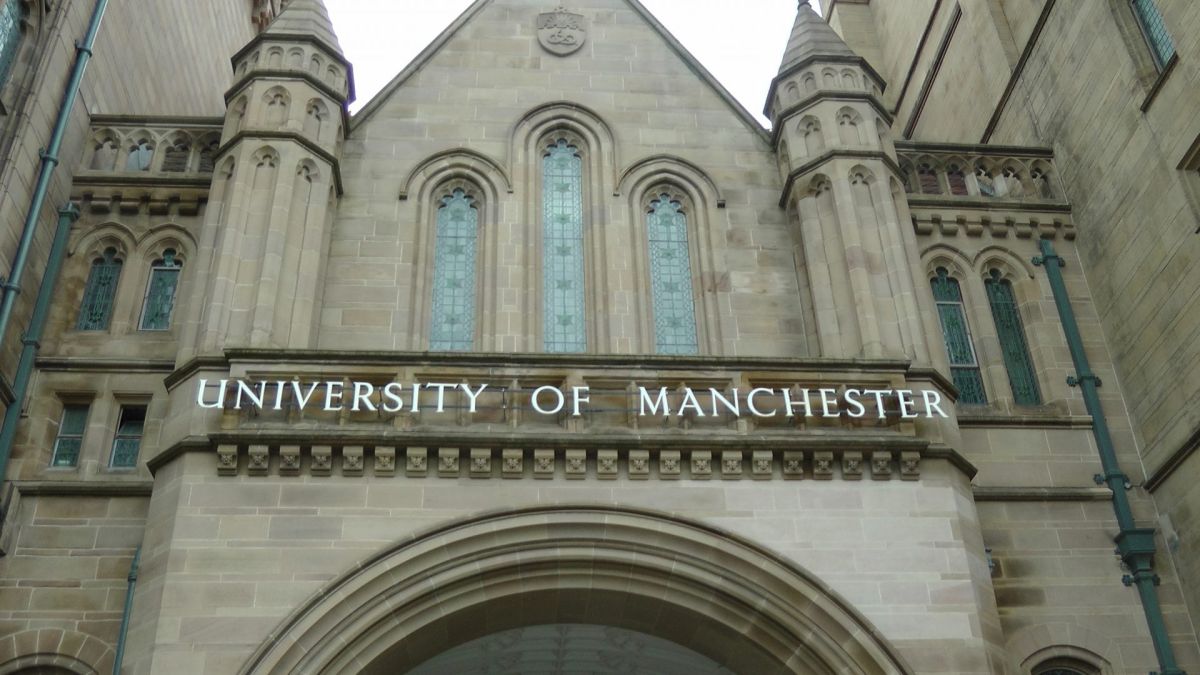Mancunion Exclusive: Report into UoM’s historical links to slavery released

In a report released today, the University of Manchester (UoM) has today revealed that some of the donations to the University’s predecessor institutions (UMIST and Victoria University of Manchester), were from wealth “derived from the slave trade and from commerce in slave-grown commodities”.
The report reveals some of these donors or officers held “ownership of enslaved persons or their financial contributions to the transatlantic slave voyages”. It specifically names four key individuals, including Benjamin Heywood, one of the founders of the Manchester Mechanics Institute, which went on to become UMIST. Heywood was its first chairmen and president was “known to have had connections to slavery, including through their investments in more than a hundred slave voyages”.
William Langton donated £5,000 for a fellowship in his name, and his “wealth was derived from a co-investment in slavery with aforementioned Heywood family”.
Robert Phillips, who also provided funds to establish the Manchester Mechanics’ Institute, derived his wealth from “his family connection to slave-produced products from the West Indies”.
John Leigh Phillips, from the same family as Robert, had “success in manufacturing rested on slave-grown cotton”, and donated specimens of natural history which were transferred to Owens College (predecessor to Victoria University of Manchester) in 1868.
This newest report reportedly builds on the Race Matters Report which was released in October 2020, prompted by the protests around George Floyd’s murder and the Black Lives Matter cause.
One of the goals outlined by this report was to investigate “how BAME lives are represented in the University’s history and heritage”, by analysing the “key connections between early benefactors of the University and the global slave trade”.
This newest report seems to build on this objective, outlining the main findings of the investigation. It states that the University’s “predecessor institutions… did have connections to slavery” and “derived wealth from enslaved peoples”.
It concedes that “much further research is necessary” into the details of this, but does acknowledge that “recognising the uncomfortable truth” of the University’s history with enslavement is necessary.
The research has been performed by Dr Natalie Zacek and Professor Nalin Thakkar, with a follow-up report by Zacek to be made public once it is completed. UoM are opening a survey in response to their findings and have said “We will be considering what needs to change in the way we talk and think about our campus – for example further work on building signage, on our webpages connected to our history and wider promotional materials”.
UoM have already added signage in the John Ryland’s Library to reflect the links between Ryland’s own fortune and the trans-Atlantic cotton trade, following research done by John Ryland’s library itself.
Emily Bennett, Liberation and Access Officer at the Students’ Union, has commented: “The report released is a welcome start to UoM acknowledging their history and hopefully taking steps to decolonise the institution. It is a shame that it has taken so long for this to be published, and it is unclear what they are planning to do to act on it. They have committed to provide funding for a more detailed analysis of the past but have not been clear about whether they will rename any buildings or pledge money as reparations.
I think that the University should be doing a lot more to decolonise the institution as slavery is built into the history of it, and to this day has an impact on how it operates. They should also be taking steps to decolonise the curriculum, divest from the arms trade, and make the University fully accessible and inclusive of all students”.
This is an ongoing story and we have contacted the University of Manchester for comment. You can read the public report here and fill out the survey here.







